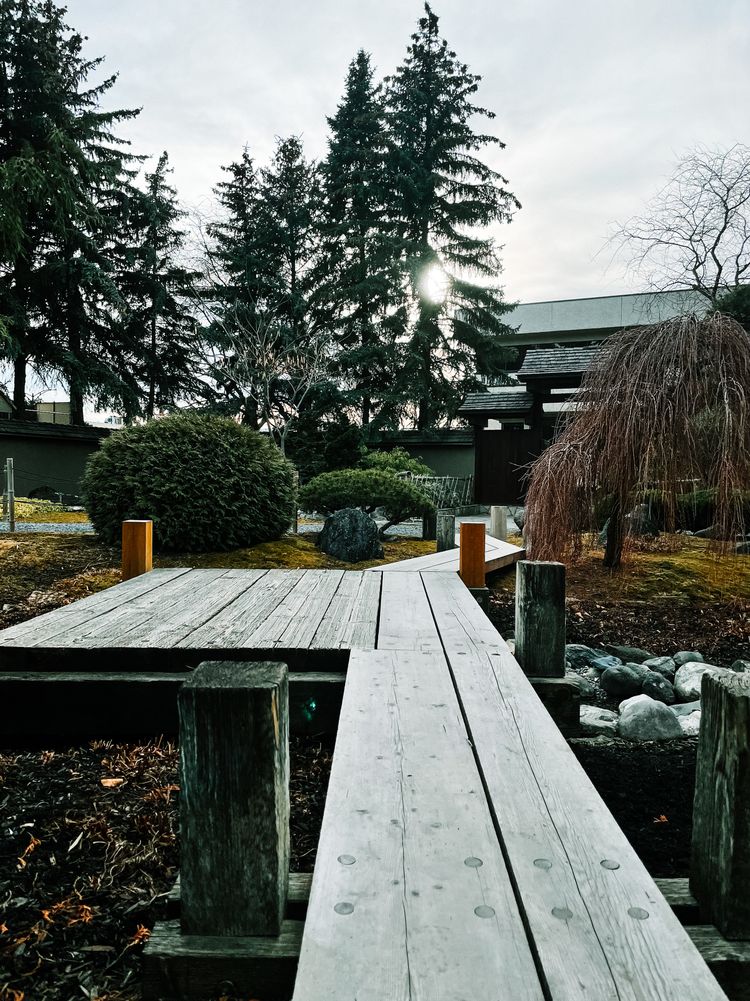Thoughts On Money
For the monks, this way of life expressed simplicity. It wasn’t an expression of poverty mentality. With this monastic approach, you don’t worry about survival. You live day-to-day. You think just of today; you don’t think of tomorrow. Tomorrow comes, it doesn’t come- either way, you don’t worry. You continue to live in a very simple way. It is an everyday life of simplicity.
The problem is not always how little money you have to spare but, rather, whether you are allowing enough space for yourself. The sense of poverty often seems connected with a lack of space. It may seem pretentious or insensitive to suggest to a destitute person that they need to create more mental space, if they are living in financially troubled conditions. However, if you can appreciate the aspect of simplicity in your life, then you don’t have to involve yourself with money more than is really necessary.
Chögyam Trungpa, Work, Sex, Money: Real Life on the Path of Mindfulness
My relationship with money has always been strenuous. It seems when I have money, I tend to give it away; when I don’t have it, I still tend to give away what I can.
I could never really figure out why this happens nor why I was so comfortable with giving the money away. It never seemed to matter what my financial state was, even if it left me being on the brink of disaster, I was always generous. To be clear, I have never left myself in a desperate situation where I found myself living in a car, and I do treat myself now and then to things like the Macbook Pro last year, or the canvas bag from Bespoke this month. More often than not though, I reach the end of the month and wonder where all the money went. The thoughts linger for a flash, then I am at peace with my situation again.
I have been like this since my first real full-time job as a technical director at the Regina Performing Arts Centre. At that time, I didn’t loan money out to people, but I did go out and purchase new lighting fixtures for the theatre without charging it back. I also donated a lot of equipment to the theatre when I left that position without feeling like I lost money. In the coming years, it was buying people drinks at the bar or loaning small amounts to help them get by. Almost always, this was done without thinking, an automatic response to others’ needs.
When I started reading the chapters about money in Chögyam’s book, it started to make more sense to me why this happens.
Chögyam defines the personal value of money beyond its monetary value and introduces the concept that money is related to energy. You can spend the money like you give love and have it be returned equally, or you exert your energy to gain power and control over another. Because of the power money has, it is constantly on our minds, from worrying about how much we have, to how much something will cost, to how much we will be earning by completing a task. We grow attached to money, wanting to keep our energy banks full for when we need to use it for love or power.
When we grow beyond the egotistical demands of money and become more generous with it, we give people more than just money or objects. We are giving those people the opportunity to free themselves from the relationship they have developed with money. They stop thinking about how much something cost, and more about what that item means to them. When an object is thought of only as an object, it frees them to develop their own sense of value for that item.
This is the mental space he describes in the quote at the beginning. If the monetary value of an object is ignored and separated from the object, then we are not as concerned when that object is damaged or lost. We forget about losing a thousand dollars, and focus more on that we lost something that can be replaced in time.
This detachment of monetary value from an object is not a simple task and something that definitely takes time to produce. There is no simple path to this besides becoming more aware of how you spend money, and how you feel when spending it. Spending money on lots of things or expensive things is not necessarily a bad thing either he says, unless the motivation behind those purchases could be considered bad. If you use the purchases to place yourself above someone or a group to look down on them then that is a negative practice, for example.
However, by living a simple life, the detachment from money becomes easier. This is a very desirable goal from Chögyam’s point of view. We become free from the chains money holds over us to create the mental space. The mental space allows us to see the greater opportunities surrounding us, like sharing with others and helping them become free.
You should try to create a space of loneliness as much as possible in your lifestyle, whether you are rich or poor.
As we become less concerned with money, our mind becomes divided. Our concerns with money become isolated in a different part of our mind, which allows us to concentrate on the things that matter most to us in life. When we have that separation in place, then we will only think of money when absolutely necessary.
At some point in my life, I must have started to cultivate that separation on my own. Now that I am more aware of it, I will continue the process to create a more defined space of loneliness that Chögyam describes, and continue living a simpler life.




Member discussion